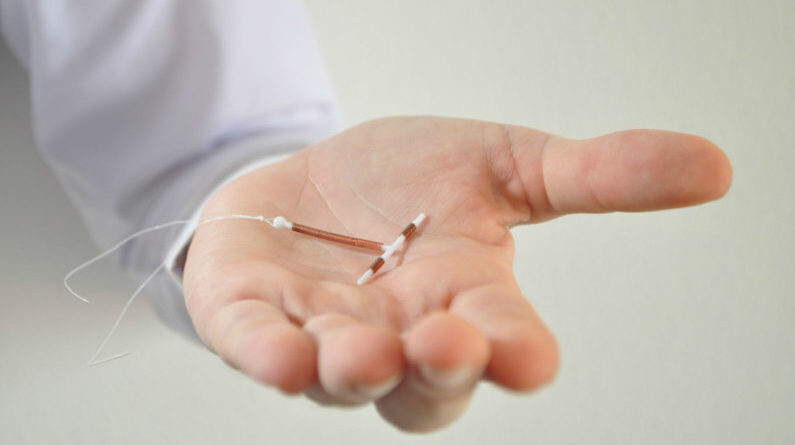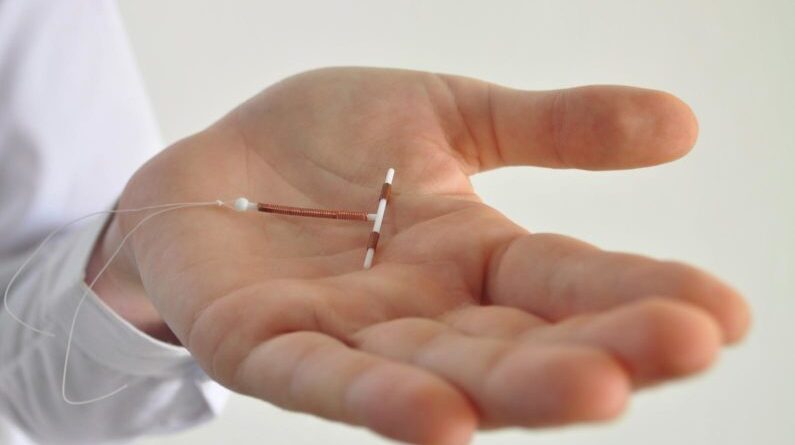In most Millennials are strong minded, socially liberal, and willing to argue causes they believe in. Millennials have made it clear that they support sex education within school districts and believe in contraception that is easily available and accessible to everyone. More and more Millennials are using the both the IUD and hormonal implants for …
Continue Reading

